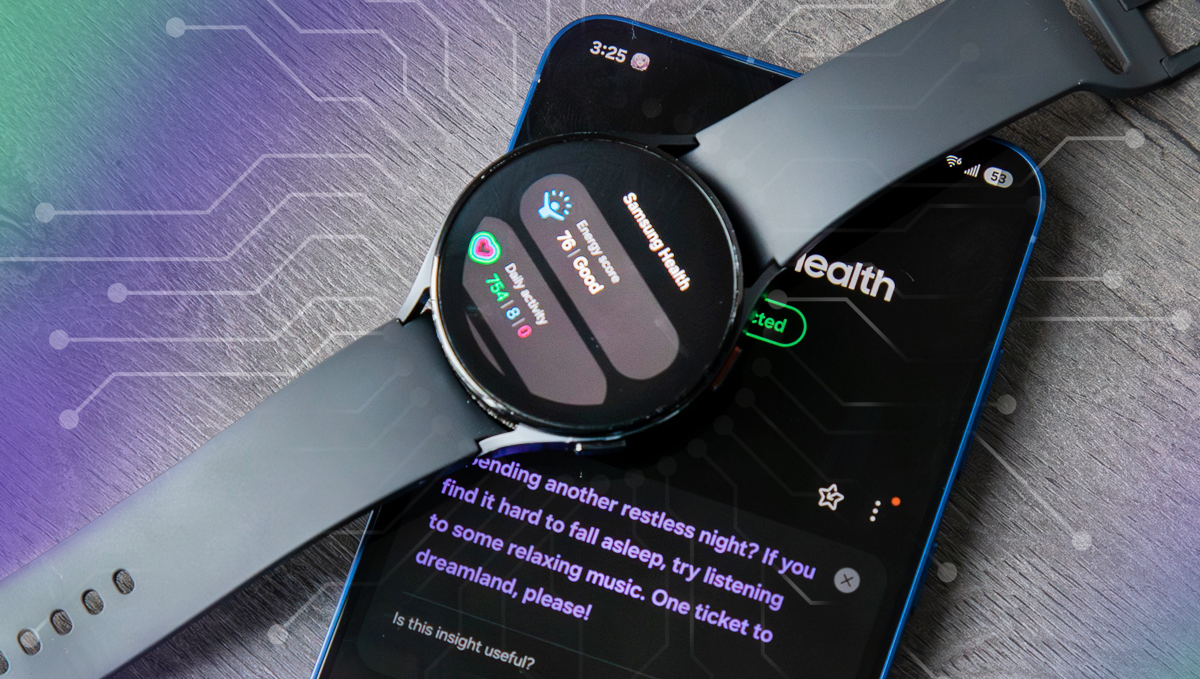

Where Samsung Is Headed in Health Care

Samsung Electronics may not yet have garnered the attention in health care that some of its peers have, but the technology giant continues to push its way into the spotlight.
Its recent purchase of the digital health platform Xealth will create synergy with Samsung’s wearable technology, offering a link between home health monitoring and clinical decision-making. The company sees the acquisition as a cornerstone of connecting its care-at-home vision and bridging wellness and medical care.
Xealth also adds to Samsung’s growing portfolio of devices like smartwatches and rings that allow consumers to track their health at home and to share the data with their health care providers. The goal is to reduce the gap between clinical visits and ensure that physicians’ recommendations are easy to follow.
While Samsung is still developing this hub, it recently announced several new health features as part of its One UI 8 update for its Galaxy Watch devices. These include:
- Antioxidant level tracking.
- Vascular load monitoring during sleep.
- Race training tools.
- Improved sleep coaching.
The beta program was set to begin last month in the U.S. and South Korea. Samsung also is working on future sensors for earbuds and noninvasive features for blood pressure and glucose tracking.
“You have an aging population with increasing prevalence of chronic diseases, and then you have costs going up,” Hon Pak, vice president and head of the digital health team for Samsung’s mobile business, said in a recent CNN interview. “And so, all of those pressures are leading to care shifting to the home, where we happen to be.”
Pak believes the company may have an edge over its competitors like Apple in bringing health into the home because Samsung is already there in the form of appliances and entertainment products.
Samsung is the world’s largest smartphone maker by market share, according to estimates by market research firms like Canalys and International Data Corp. But Samsung faces steeper challenges in smartwatches, as it only accounted for roughly 6% of that global market in the first quarter this year, according to the International Data Corporation, while Apple took the top spot with about 20% of the market.
Samsung hopes to differentiate itself by focusing on preventive advice, such as helping users eat healthful diets or get enough sleep before developing health conditions. But it also faces competition from smaller health tech companies like smart ring maker Oura, which takes a similarly proactive approach to health tracking that tech leaders like Google have also emulated.
It plans to roll out a beta version of an artificial intelligence-powered health coach in the U.S. by the end of this year, Pak recently told Fierce Healthcare.
“We're building a bridge from worlds that have not been connected,” Pak added. “When those two worlds have the ability to innovate and communicate, I think things happen. We're not saying we're going to change everything about health care. What we're saying is, if we build a bridge in the right way, in the right context for the patients, the doctors, the partners, to come together, then we think we inevitably have changed the dynamics of how this is going to be in the future.”



